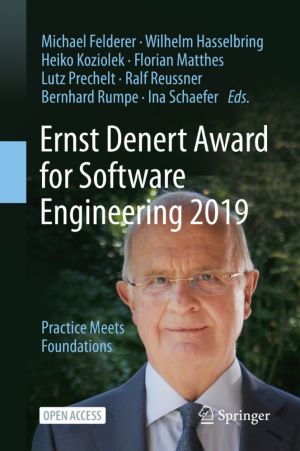
This open book provides an overview of the dissertations of the five nominees for the Ernst Denert Award for Software Engineering in 2019. The prize, kindly sponsored by the Gerlind & Ernst Denert Stiftung, is awarded for excellent work within the discipline of Software Engineering, which includes methods, tools and procedures for better an...
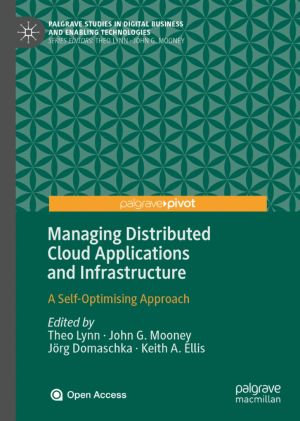
The emergence of the Internet of Things (IoT), combined with greater heterogeneity not only online in cloud computing architectures but across the cloud-to-edge continuum, is introducing new challenges for managing applications and infrastructure across this continuum. The scale and complexity is simply so complex that it is no longer realistic for...
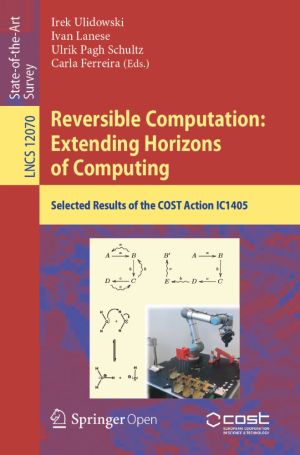
This open access State-of-the-Art Survey presents the main recent scientific outcomes in the area of reversible computation, focusing on those that have emerged during COST Action IC1405 "Reversible Computation - Extending Horizons of Computing", a European research network that operated from May 2015 to April 2019.Reversible computation ...
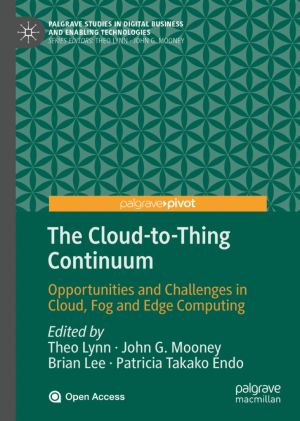
The Internet of Things offers massive societal and economic opportunities while at the same time significant challenges, not least the delivery and management of the technical infrastructure underpinning it, the deluge of data generated from it, ensuring privacy and security, and capturing value from it.
This open access pivot explores these chall...

This open book provides an overview of the ERIGrid validation methodology for validating CPES, a holistic power system testing method. It introduces readers to corresponding simulation and laboratory-based tools, including co-simulation, real-time simulation, and hardware-in-the-loop. Selected test cases and validation examples are provided, in ord...
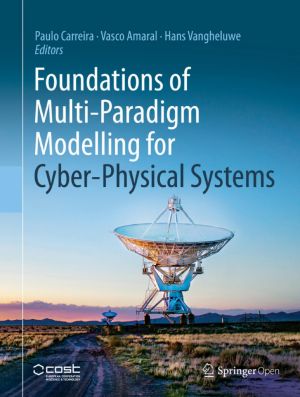
This open book coherently gathers well-founded information on the fundamentals of and formalisms for modelling cyber-physical systems (CPS). Highlighting the cross-disciplinary nature of CPS modelling, it also serves as a bridge for anyone entering CPS from related areas of computer science or engineering.Truly complex, engineered systems - known a...

This open access book summarises the latest developments on data management in the EU H2020 ENVRIplus project, which brought together more than 20 environmental and Earth science research infrastructures into a single community. It provides readers with a systematic overview of the common challenges faced by research infrastructures and how a '...
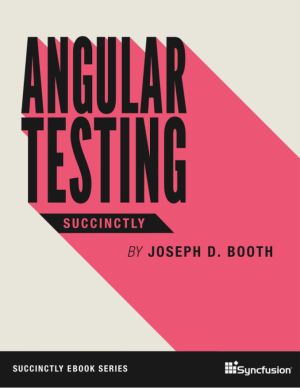
Though sometimes perceived as a hurdle, testing can save developers from heartbreak in the long run. In Angular Testing Succinctly, author Joseph D. Booth provides a quick introduction to different tools and approaches to testing Angular projects to make them higher quality from the start and easier to maintain down the road. Topics covered include...
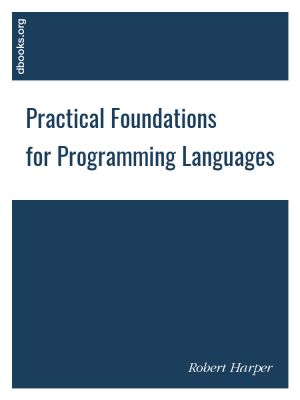
Types are the central organizing principle of the theory of programming languages. Language features are manifestations of type structure. The syntax of a language is governed by the constructs that define its types, and its semantics is determined by the interactions among those constructs. The soundness of a language design - the absence of ill-d...

In this book, you'll find information about a set of libraries developed within the Apache Commons (also referred to as "Commons"). Commons is a set of small, popular components which forms a Top-level Project at the Apache Software Foundation. Ranging from the elementary to the complex, many would consider some of these libraries in...
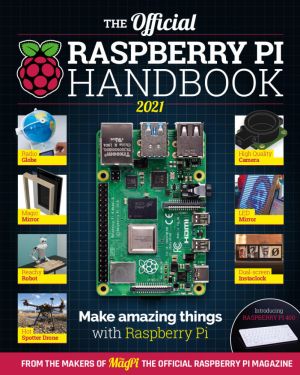
To help you get the most of out of your Raspberry Pi computer, this official Handbook features 200 pages of essential information, inspiring projects, practical tutorials, and definitive reviews.
- Learn how to set up your Raspberry Pi and start using it;
- Discover the new Raspberry Pi 400 and High Quality Camera;
- Be inspired by incredible ...
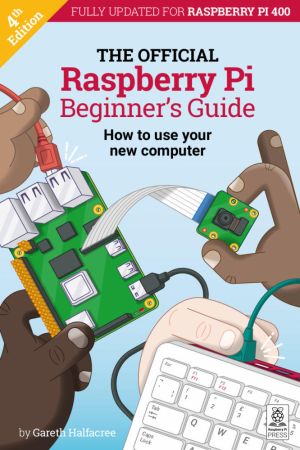
Fully updated for Raspberry Pi 400, Raspberry Pi 4, and the latest software, this 252-page official Raspberry Pi book is crammed with projects and beginner's guides containing all the information you need to get started using your new computer!
Learn how to set up your Raspberry Pi, install an operating system, and start using it. Follow st...
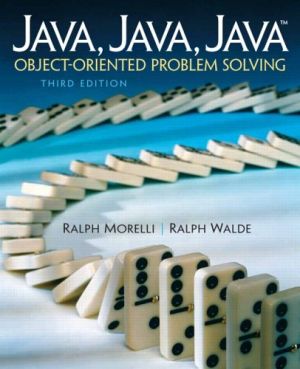
Functional and flexible, this guide takes an objects-first approach to Java programming and problem using games and puzzles. Offers independent introductions to both a command-line interface and a graphical user interface (GUI). Features coverage of Unified Modeling Language (UML), the industry-standard, object-oriented design tool. Illustrates key...
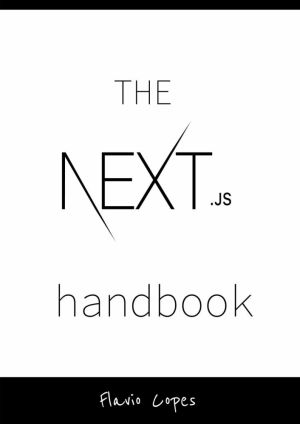
The author wrote this open book to help you quickly learn Next.js and get familiar with how it works.
The ideal reader of the book has zero knowledge of Next.js, has used React in the past, and is looking forward diving more into the React ecosystem, in particular server-side rendering.
I find Next.js an awesome tool to create Web Application...

Azure Pipelines, a component of the Azure DevOps suite, helps software development teams manage building, testing, and deploying their products. In Azure Pipelines Succinctly, author Antonio Liccardi covers the basics of what a pipeline is and what it can do before providing a thorough rundown of Azure Pipelines in action. From creating your first ...
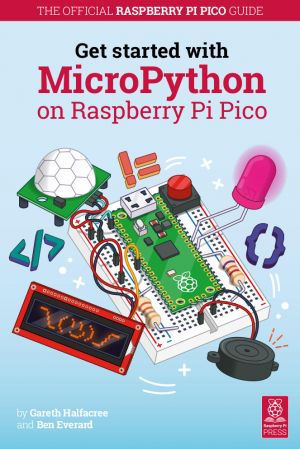
Raspberry Pi Pico is a new low-cost, high-performance microcontroller board with flexible digital interfaces. Microcontrollers are computers stripped back to their bare essentials. You don't use monitors or keyboards, but program them to take their input from, and send their output to the input/output pins. Using these programmable connections...
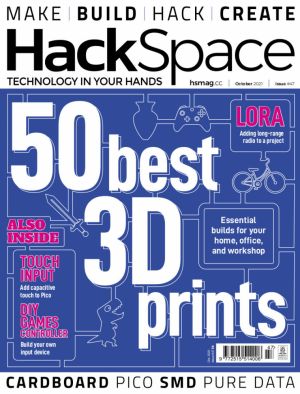
If your 3D printer is looking a little dusty and unloved, now's the time to put it to work: we've 50 of the best 3D prints to improve your home, office, workshop and more. From functional to frivolous, we've got ideas for you. It's time to unleash the awesome power of your printer!
- Oskitone: where 3D printing meets analogue...
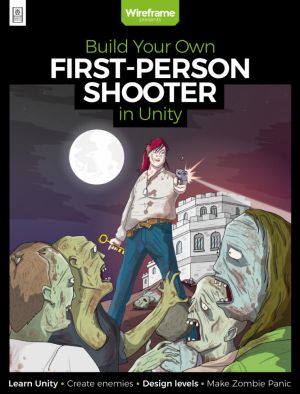
Ever fancied creating your own first-person shooter game? Now you can with this 140-page bookazine, brought to you by the Wireframe magazine team with tips from expert video game developers!
Making a fast-paced 3D action game needn't be as daunting as it sounds. Build Your Own First-Person Shooter in Unity will take you step-by- step throug...

This open book is for the beginning level of both architecture and interior design students who learn computer graphic communication software. The author developed multiple tutorials to teach three computer graphic applications, AutoCAD, Revit, and Enscape. AutoCAD is an essential computer drafting software which is 2D drawing software. Revit is a ...
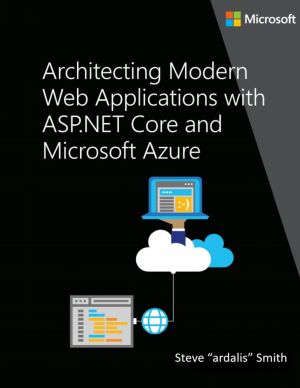
The audience for this guide is mainly developers, development leads, and architects who are interested in building modern web applications using Microsoft technologies and services in the cloud.
A secondary audience is technical decision makers who are already familiar ASP.NET or Azure and are looking for information on whether it makes sense to...
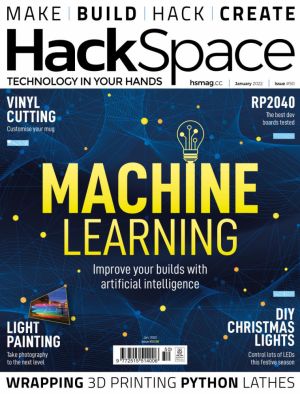
Machine learning used to be the preserve of university research departments with money to burn on high-power, high-cost kit - but not any more! Thanks to a new breed of affordable dev boards, anyone can get in on the act at pocket money prices. We've trawled the makersphere for the best, most creative machine learning projects to show just wha...
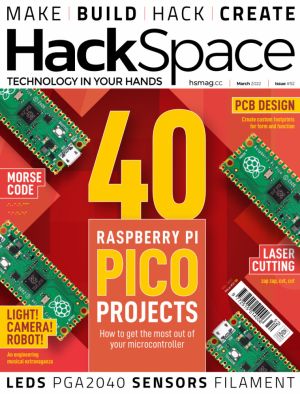
The Raspberry Pi Pico: it costs pennies, it's simple to program with, and it's really good at getting data in and out. In short, it's the ideal board for home projects. We've hunted high and low for the best, most innovative, most creative projects around to show off what the Pico can do. What will you build with yours?
- Dis...
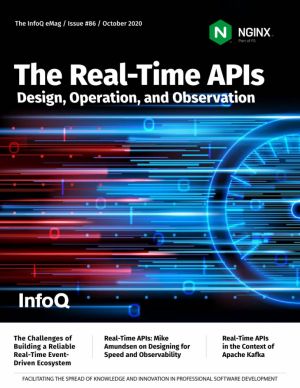
Application Programming Interfaces (APIs) are seemingly everywhere. Thanks to the popularity of web-based products, cloud-based X-as-a-service offerings, and IoT, it is becoming increasingly important for engineers to understand all aspects of APIs, from design, to building, to operation.
Research shows that there is increasing demand for near r...
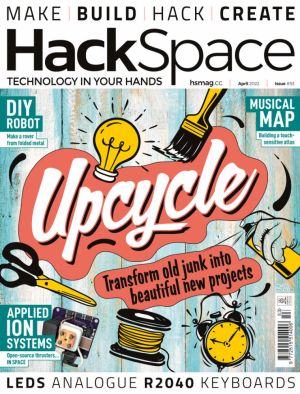
Things fall apart, the centre cannot hold. That's why repair skills are so important! This month we're talking upcycling - the art of making beautiful new projects out of old junk.
Plus: what happens when your just-for-kicks project turns out to be something that loads of people want? We talk to Timon Skerutsch, creator of the Piunora,...
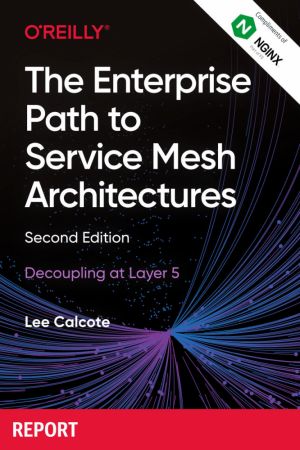
Planning to build a microservice-driven cloud native application or looking to modernize existing application services? Consider using a service mesh. A service mesh approach can help you create robust and scalable applications, but it also introduces new challenges. This updated report answers common questions regarding service mesh architectures ...
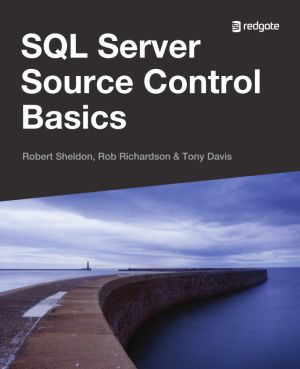
Few software developers would build an application without using source control, but its adoption for databases has been slower. Yet without source control to maintain the scripts necessary to create our database objects, load lookup data, and take other actions, we cannot guarantee a reliable and repeatable database deployment process, let alone c...
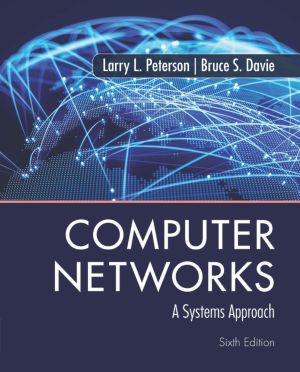
Computer Networks: A Systems Approach, Sixth Edition, explores the key principles of computer networking, using real world examples from network and protocol design. Using the Internet as the primary example, this best-selling classic textbook explains various protocols and networking technologies. The systems-oriented approach encourages students ...
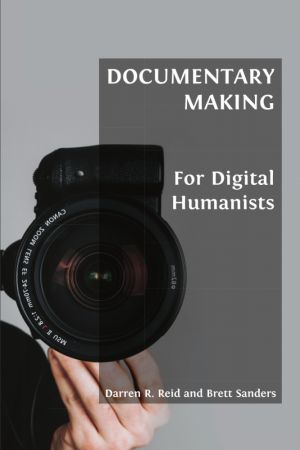
This fluent and comprehensive field guide responds to increased interest, across the humanities, in the ways in which digital technologies can disrupt and open up new research and pedagogical avenues. It is designed to help scholars and students engage with their subjects using an audio-visual grammar, and to allow readers to efficiently gain the t...
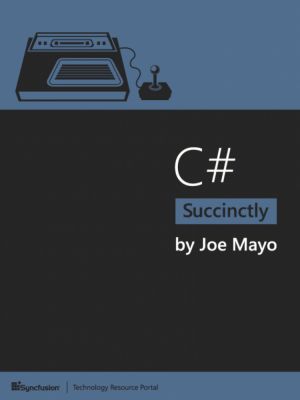
C# is a general purpose, object-oriented, component-based programming language. As a general purpose language, there are a number of ways to apply C# to accomplish many different tasks. You can build web applications with ASP.NET, desktop applications with Windows Presentation Foundation, or build mobile applications for Windows Phone. Other applic...
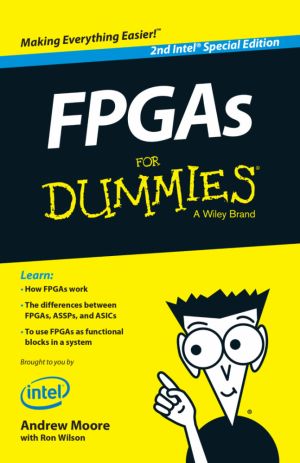
Field programmable gate arrays (FPGAs) are integrated circuits that enable designers to program customized digital logic in the field. FPGAs have been around since the 1980s and were originally conceived to give all design teams the ability to create custom logic. In the early days, using an FPGA in your design meant you had to do a lot of programm...
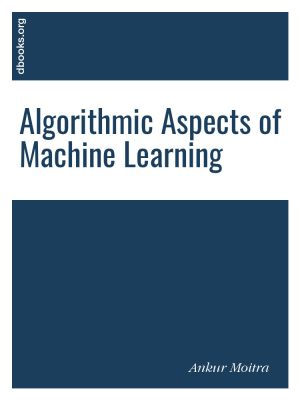
This course is organized around algorithmic issues that arise in machine learning. Modern machine learning systems are often built on top of algorithms that do not have provable guarantees, and it is the subject of debate when and why they work. In this class, we focus on designing algorithms whose performance we can rigorously analyze for fundamen...
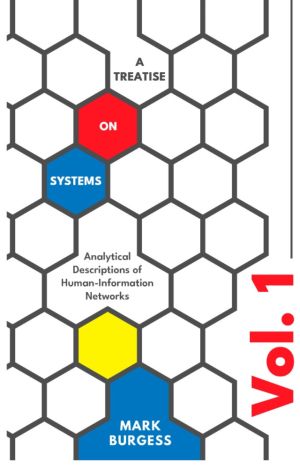
Network and System Administration usually refers only to the traditional skills and recipes for keeping computers and networks running properly. But, in truth, this view omits the most important part of the system: humans. The skill needed to comprehend and tame systems comprising both humans and machines is that of managing complexity. In this boo...
